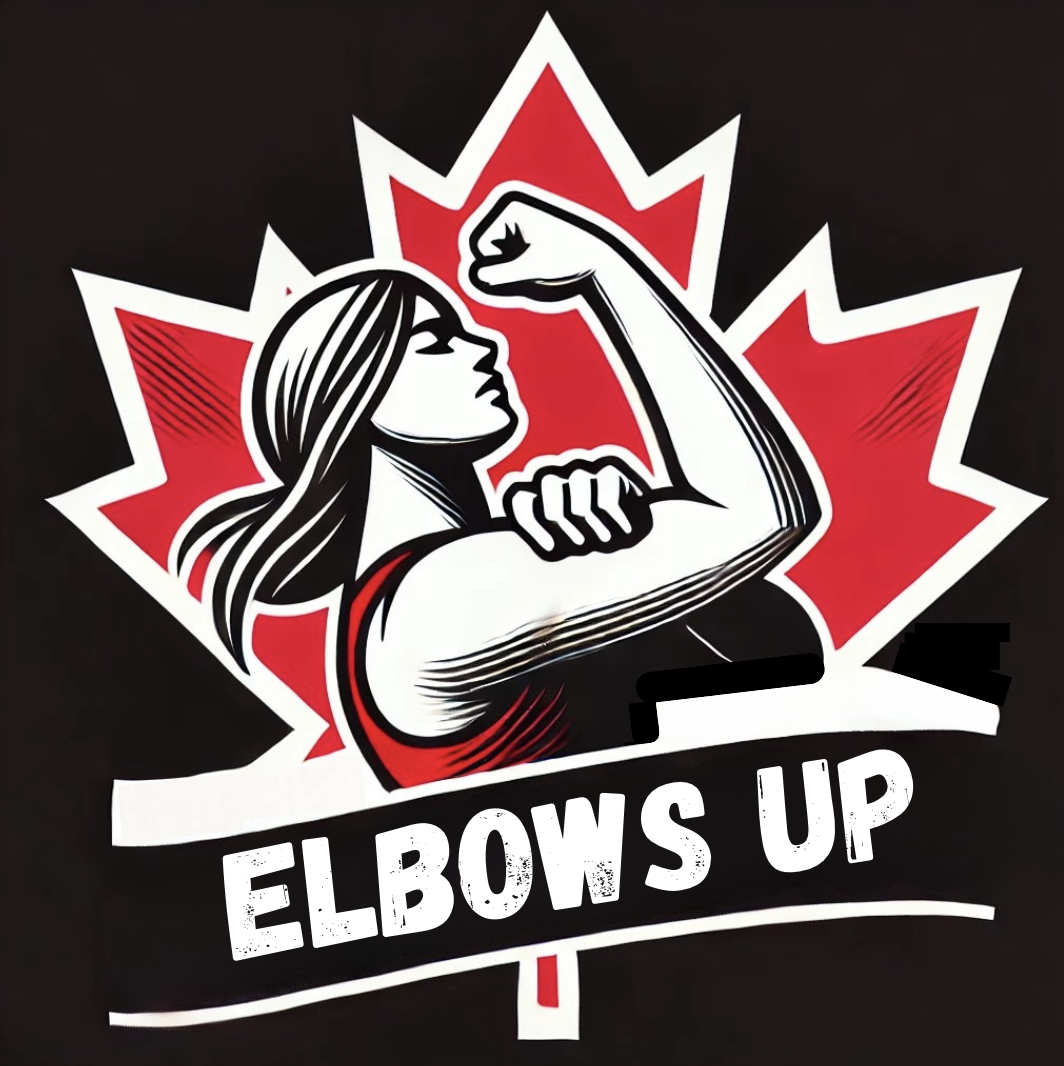Canadians are being encouraged to keep our elbows up, stand together for our sovereignty, and buy Canadian. Could we also (please) spell Canadian?
Fact-checking: More art than science

A 2018 article in the New Yorker describes actor Daniel Radcliffe going undercover as a fact-checker to prepare for his role in the Broadway show The Lifespan of a Fact. Peter Canby, head of fact-checking at the New Yorker, tells Radcliffe, “It’s not really a science. It’s more of an art.”
Nowhere is this “art” better described than in John McPhee’s wonderful book Draft No. 4: On the Writing Process. The chapter on fact-checking, entitled “Checkpoints,” is nothing short of breathtaking.
One of the stories McPhee tells is about a 60,000-word article he’d written in 1973, called “The Curve of Binding Energy.” The fact-checker, Sara Lippincott, had spent three or four weeks working full-time on the proof, pencilling tiny checkmarks beside each confirmed fact. But there was one important paragraph that had eluded her, and as the clock ticked down to press-time, it looked like it would have to be deleted—which would be a shame, since the remarkable story it told would otherwise remain buried in wartime and Cold War secrecy. (I’m not giving you any details here, because I don’t want to spoil it for you when you read McPhee’s book yourself.)
McPhee told Lippincott to delete the paragraph. But on the final afternoon, she had time for a couple more calls. The name of the one person who could confirm the story came up at last. She found his number and called it. He’d gone shopping at the mall. Lippincott called the police, explained the situation, and gave them her number. Suffice it to say there was a happy ending—with a twist.
McPhee quotes Lippincott from a talk she gave to some journalism students:
Once an error gets into print, “it will live on and on in libraries carefully catalogued, scrupulously indexed . . . silicon-chipped, deceiving researcher after researcher down through the ages, all of whom will make new errors on the strength of the original errors, and so on and on into an exponential explosion of errata” (p. 136).
When an error does slip into the New Yorker, McPhee says, “heat-seeking missiles rise off the earth and home in on the author, the fact-checker, the editor, and even the shade of the founder” (p. 137). At one point, the magazine’s executive editor, Robert Bingham, worked with Lippincott to create a test for fact-checking candidates. Lippincott described it this way:
What we want are people who . . . already know that there are nine men in a batting order, what a Republican is, and that the Earth is the third planet from the sun. That being got past, it helps if you speak French, German, Spanish, Italian, and Russian, read classical Greek, have low blood pressure, love your fellow man, and don’t have to leave town on weekends (p. 147).
McPhee notes that the actual test was much harder. Good thing I never applied.
***
Thankfully, for those of us who work in book publishing, responsibility for fact-checking is generally the author’s. Still, Standard D5 in Editors Canada’s Professional Editorial Standards for Copy Editing requires editors to “identify and either correct or query general information that should be checked for accuracy (e.g., historical details, narrative timelines, calculations, quotations, URLS) using standard research methods and tools (e.g., dictionaries, atlases, calculator, search engines),” regardless of which medium we’re working in.
This seems straightforward enough, but beyond the obvious things like names, places, and dates, there can be grey areas where we have to know enough about something to know enough to check or query it. (Perhaps it’s in those grey areas that the art of fact-checking lies?) There’s also the question of time, since fact-checking can consume a lot of it, and publishers don’t always want to pay for it.
Radcliffe said he was more nervous about fact-checking than he was about going onstage. Not many of us can score a New Yorker coaching session, so if you get a frisson of unease at the mere prospect of fact-checking, as I do, you’ll want to keep a copy of The Chicago Guide to Fact-Checking, by Brooke Borel, within easy reach on your desk. Focused primarily on journalism, it still provides solid advice for those working in other media and aspiring to artful fact-checking.



